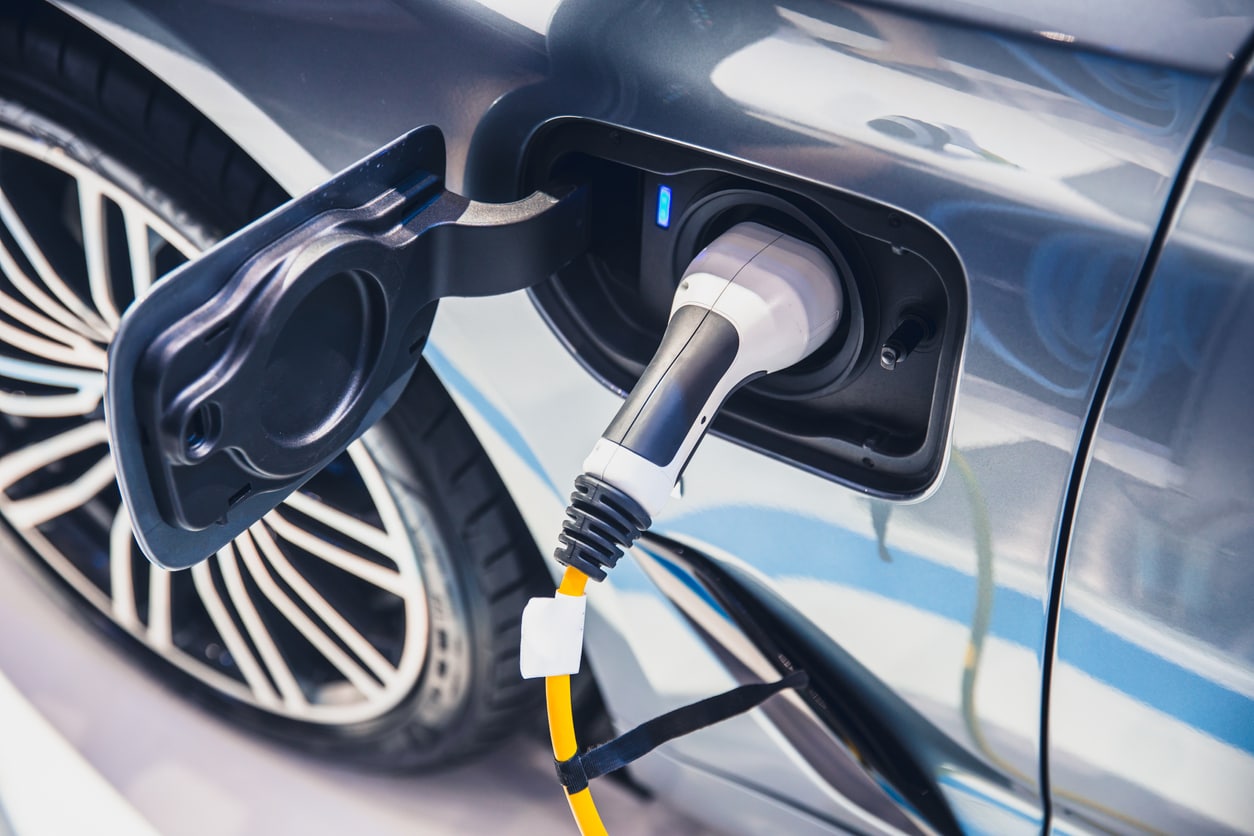
Busted! 6 Debunked Electric Vehicle Myths
Are electric cars really worse for the environment? Isn't their range awful? Are they even safe? Read on to see these myths about electric vehicles get busted!
Read More
The ideal tire type for your vehicle depends on a variety of factors. The type of vehicle you drive and your driving habits, the climate and road conditions where you live, and your expectations for fuel economy and handling can all play a part in determining the right type of tire for you.
It’s important to do your research before you purchase a set of tires to make sure you always feel safe and confident on the road. Here’s what you should know about the most common types of tires.

When you purchase a new vehicle, typically on light cars or commuter cars, they will most likely come with all-season tires. Well-rounded and versatile, all-season tires are designed to deliver acceptable handling, grip, and fuel efficiency for the average driver. Choose all-season tires if:

Winter tires, also known as snow tires, are essential if you expect to encounter freezing temperatures and snow- and ice-covered road conditions. Designed specifically for cold weather, winter tires should not be used in warm climates. Choose winter tires if:
Winter tires, also known as snow tires, are essential if you expect to encounter freezing temperatures and snow- and ice-covered road conditions. Designed specifically for cold weather, winter tires should not be used in warm climates. Choose winter tires if:


Performance tires are specifically designed for sports cars, exotic cars, and racing-style cars. They are generally designed for summer’s wet and dry conditions, but there are all-season versions that provide performance features in colder temperatures as well. Choose performance tires if:

All-terrain tires are designed with a thicker, blockier tread for better grip on “off-road” terrain like mud, dirt, gravel, rocks, snow, and ice. While all-season tires can handle the occasional dirt road, all-terrains are built specifically for better traction in all conditions. Choose all-terrain tires if:
All-terrain tires are designed with a thicker, blockier tread for better grip on “off-road” terrain like mud, dirt, gravel, rocks, snow, and ice. While all-season tires can handle the occasional dirt road, all-terrains are built specifically for better traction in all conditions. Choose all-terrain tires if:


Are electric cars really worse for the environment? Isn't their range awful? Are they even safe? Read on to see these myths about electric vehicles get busted!

Learn what Advanced Driver Assistance Systems (ADAS) are and how to maintain them properly. ADAS may help to improve your safety, but only if correctly calibrated.

Don’t wait until you’re stuck on the side of the road. Learn what happens if your battery dies while driving, what to do next, and how to prevent this issue.